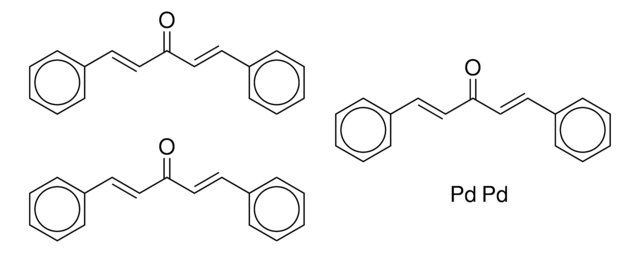723614
4-(Diphenylamino)phenylboronic acid pinacol ester
95%
Synonym(s):
N-(4-(4,4,5,5-Tetramethyl-1,3,2-dioxaborolan-2-yl)phenyl-N-phenylbenzenamine, Diphenyl-[4-(4,4,5,5-tetramethyl-[1,3,2]dioxaborolan-2-yl)-phenyl]-amine
About This Item
Recommended Products
Quality Level
Assay
95%
form
powder
mp
93-98 °C
SMILES string
CC1(C)OB(OC1(C)C)c2ccc(cc2)N(c3ccccc3)c4ccccc4
InChI
1S/C24H26BNO2/c1-23(2)24(3,4)28-25(27-23)19-15-17-22(18-16-19)26(20-11-7-5-8-12-20)21-13-9-6-10-14-21/h5-18H,1-4H3
InChI key
VKSWIFGDKIEVFZ-UHFFFAOYSA-N
Related Categories
General description
Application
Storage Class Code
11 - Combustible Solids
WGK
WGK 3
Flash Point(F)
Not applicable
Flash Point(C)
Not applicable
Choose from one of the most recent versions:
Certificates of Analysis (COA)
Don't see the Right Version?
If you require a particular version, you can look up a specific certificate by the Lot or Batch number.
Already Own This Product?
Find documentation for the products that you have recently purchased in the Document Library.
Customers Also Viewed
Articles
The soaring global demand for energy, coupled with the limited supply of fossil fuels, has increased the need for renewable, low-cost energy sources. Organic electronics have shown great promise for applications in lighting, power, and circuitry, with rapidly improving performance already surpassing that of amorphous silicon-based counterparts.
Our team of scientists has experience in all areas of research including Life Science, Material Science, Chemical Synthesis, Chromatography, Analytical and many others.
Contact Technical Service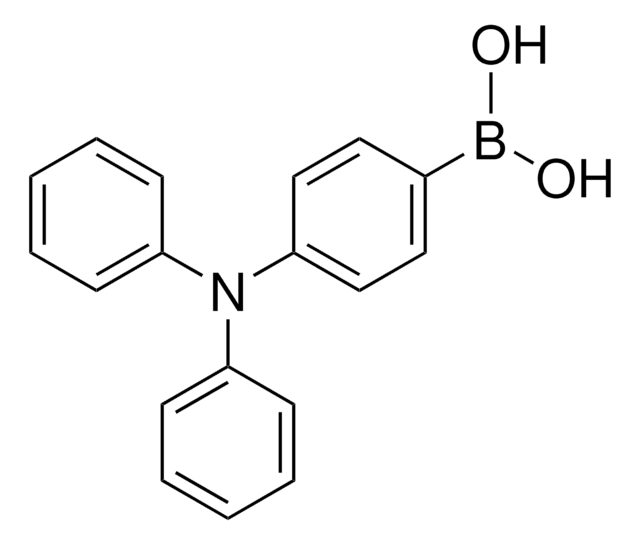
![[1,1′-Bis(diphenylphosphino)ferrocene]dichloropalladium(II)](/deepweb/assets/sigmaaldrich/product/structures/130/734/8846aa26-1858-458a-998d-8c306c13bf0f/640/8846aa26-1858-458a-998d-8c306c13bf0f.png)
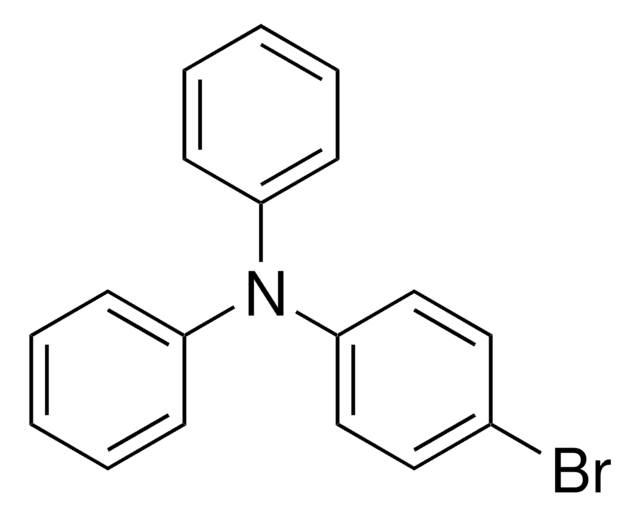
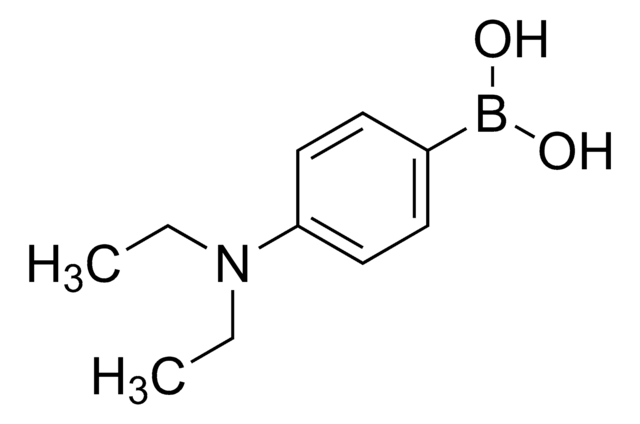
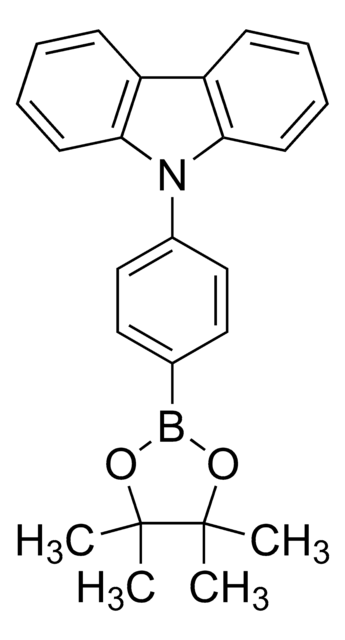

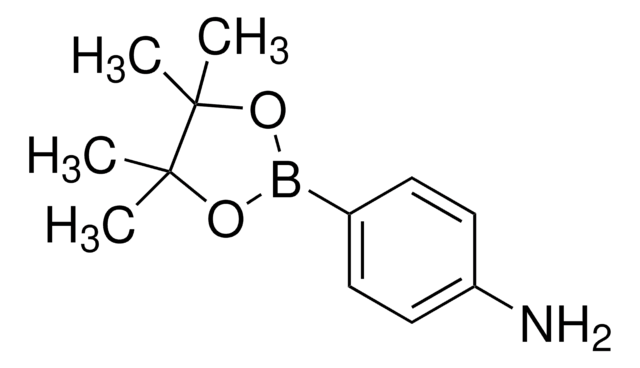
![[1,1′-Bis(diphenylphosphino)ferrocene]dichloropalladium(II), complex with dichloromethane](/deepweb/assets/sigmaaldrich/product/structures/825/986/4317978b-1256-4c82-ab74-6a6a3ef948b1/640/4317978b-1256-4c82-ab74-6a6a3ef948b1.png)

